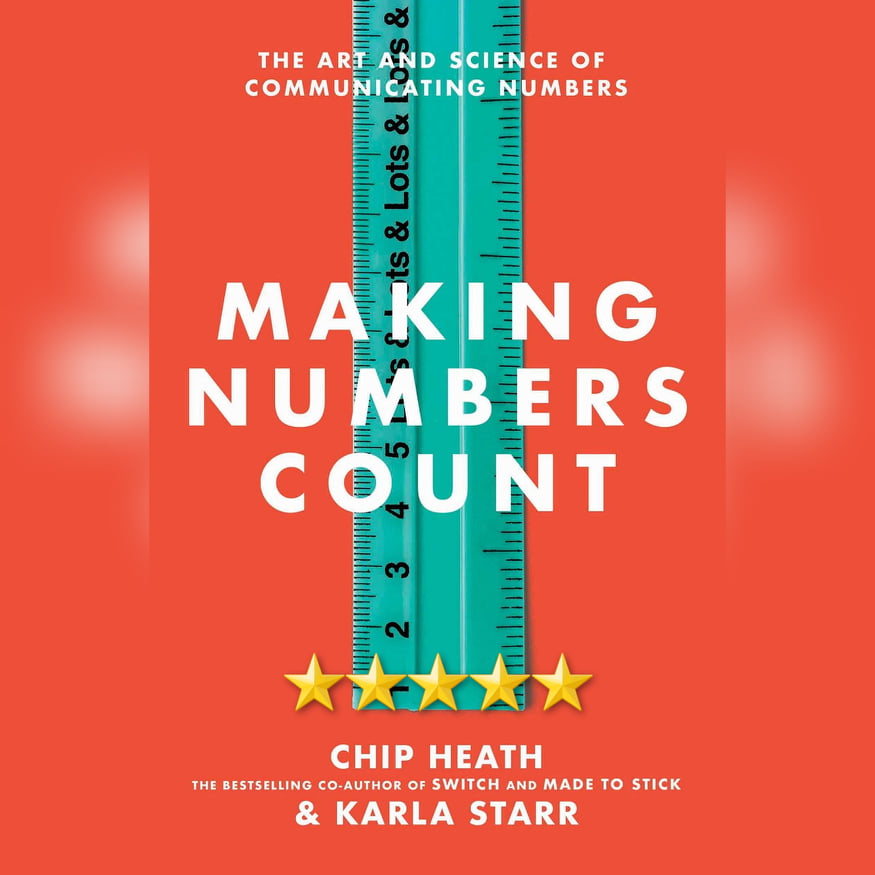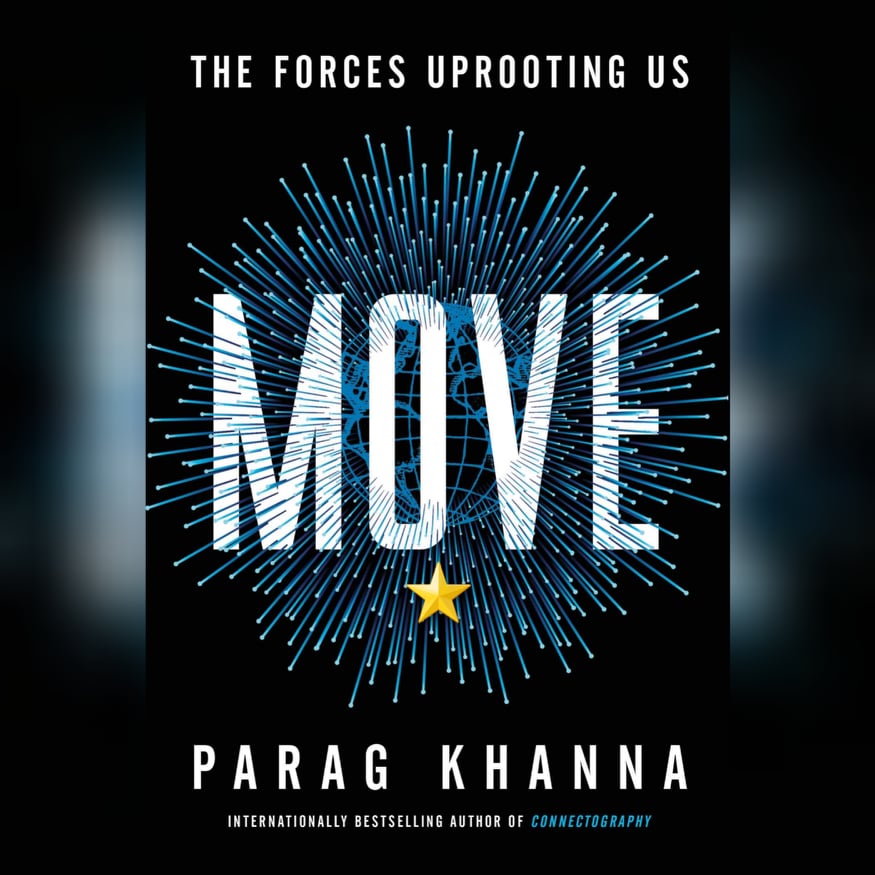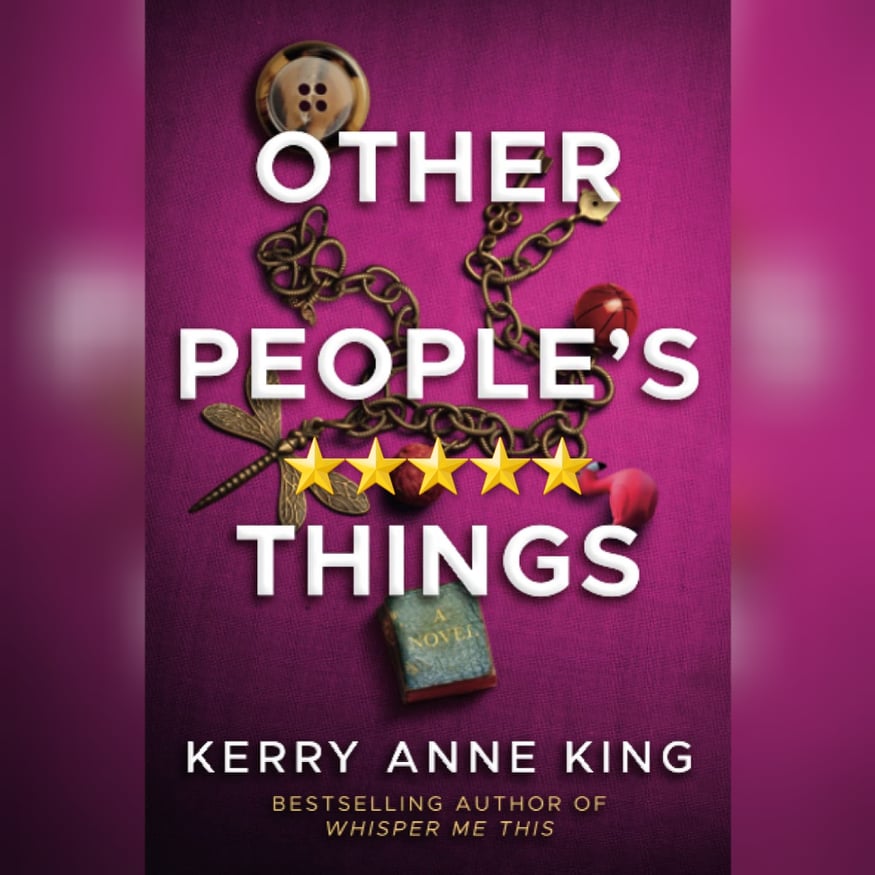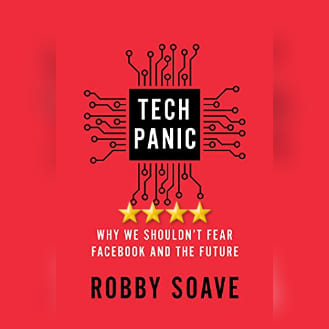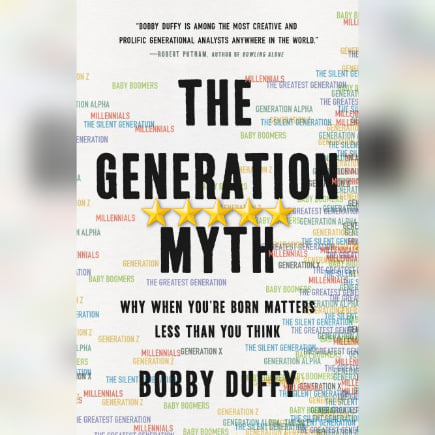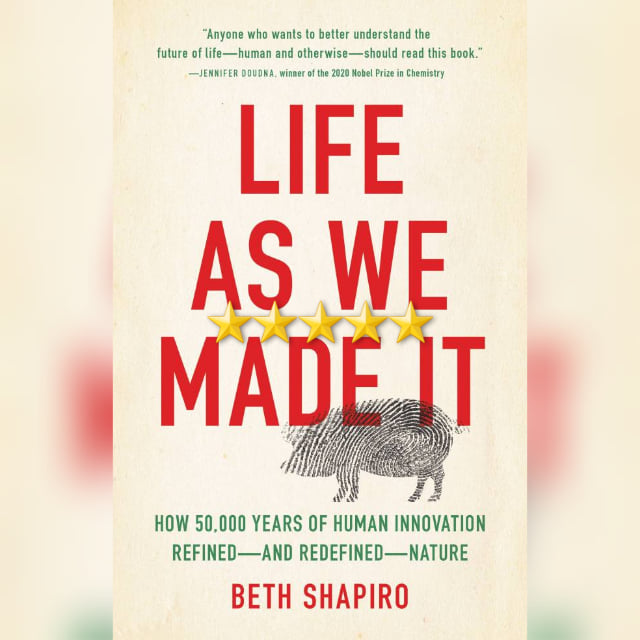Useful, Engaging, And Exceedingly Well Documented. As a software engineering professional who has a mathematics-related degree (Computer Science), very nearly got two others at the same time (Mathematics, Secondary Mathematics Education), spent a year in the middle school/ high school classroom, and who has been engaged in talking about politically-oriented numbers off and on for over a decade now… this is one helluva book. While I would have preferred fewer leftist-leaning number communication examples (attacks on “the 1%” and Jeff Bezos in particular are a common refrain), overall the points raised here are truly so spot-on, to the level that I personally can’t think of any better or any way to really refute them. Further, the writing style here is very engaging and written in a style that can be read straight through, referred to as a common reference guide, or even taught in chapter form via an actual class itself. For those reading straight through, this is a very quick read due to both the book’s overall brevity – barely 250 pages – and because of its exceedingly thorough documentation – clocking in at roughly 42% of the text of this Advanced Reader Copy. Very much recommended.
This review of Making Numbers Count by Chip Heath and Karla Starr was originally written on September 19, 2021.

